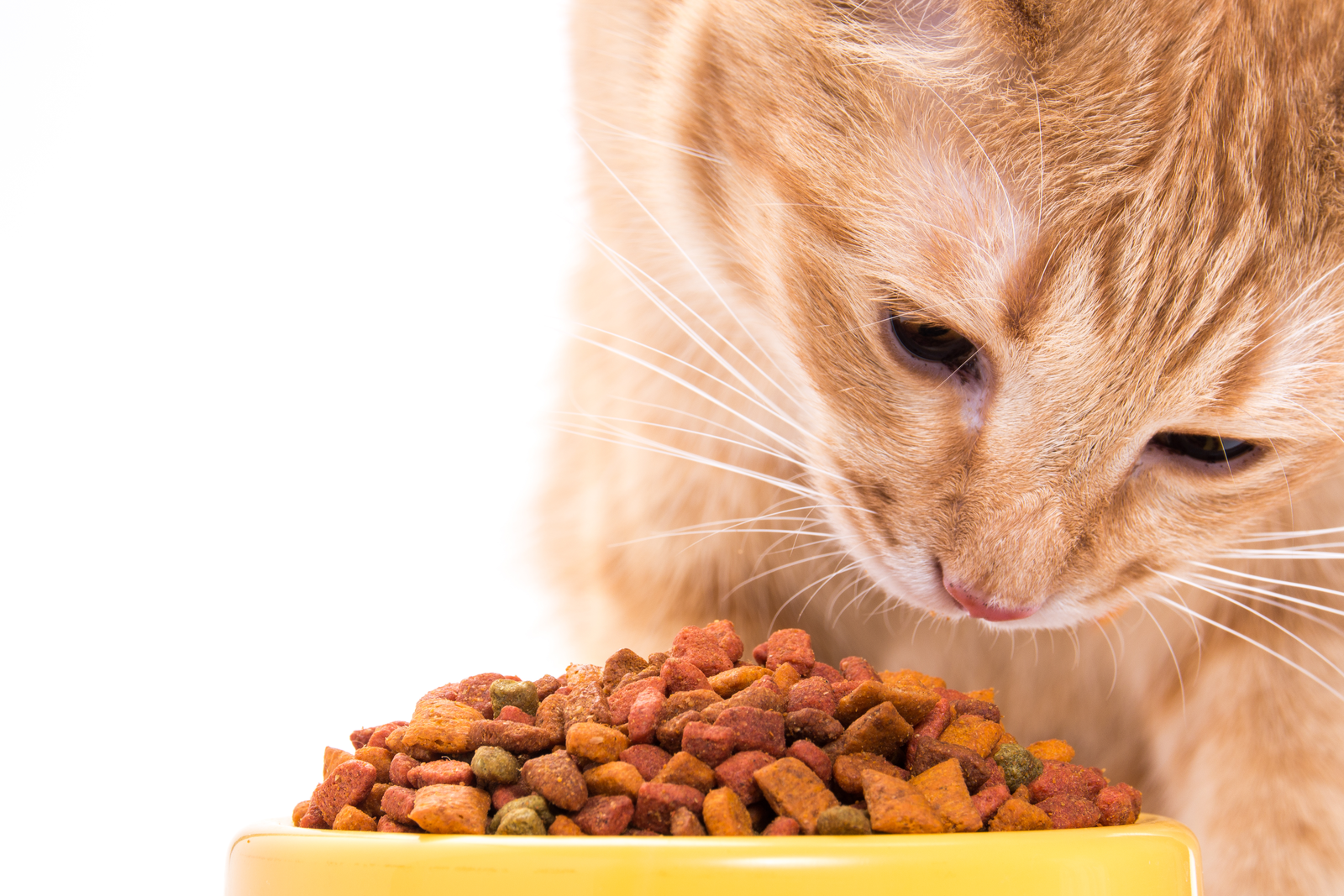Column: Consequences of negative pet food claims

Making claims on the absence of specific ingredients is now fundamental in pet food marketing strategy. Common negative claims on pet food labels are “no X”, “zero X”, “0% X”, “X-free” and “100% X-free”. In mature markets, grain-free dog and cat foods have gone mainstream, which relates to the appeal and clarity of the negative descriptor. Many pet owners now believe that grains are unnatural and thus unhealthy. Negative claims undeniably serve marketing, but there are downsides.
Ambivalence
A negative claim as a true statement of fact provides very distinct information to pet food purchasers. This information may be either neglected or gathered. For many dog and cat fanciers the allure of pet foods appears to lie, not so much in the presence of positive attributes, but in the absence of supposed negative elements. Consequently, adoption and continued usage of pet food with negative claims extend beyond nutritional value. Claiming what a pet food does not contain may unfairly stigmatize that ingredient. The “no X” statements generally concern ingredients that are safe and fit. While being informed about the product, the consumer may question the suitability of X as a pet food ingredient. Negative claims therefore tend to wrongly disparage the concerning ingredients of other products. When blending into public opinion, negative claims cannot be fought with science. The demonised ingredient then vanishes from the pet food ingredient list even though it may have a good record and inventory.
Health claims
EU regulation allows that the pet food label draws attention to the absence of a substance. Negative content claims must not give the impression that products containing that particular substance are dangerous. Elaboration of a negative claim into purported benefits requires scientific substantiation that is available to competent authority. Health claims on non-dietetic pet foods shall not point at preventing, treating or curing a disease.
The legal definition of labelling includes information supply and advertisement through packaging, documents or internet. Some manufacturers support the wholesomeness of their grain-free pet food by trotting out the unfitness and harmful impact of grains.
Such health claims are illegal as they are unrelated to the product in question, scientifically unfounded, and suggest disease prevention.
Mislabelling
Highlighting the absence of a substance can be done in different terms. When using the words “no added X” or “without added X”, substance X has not been added to the product, but the detection of traces is acceptable. Use of the words “free from X” or “X-free” does not allow even traces of X. For specific compounds, including gluten, there are fixed maximum concentrations. In some degree, ingredient cross contamination is unavoidable under good processing practices. Accordingly, certain batches of pet foods with “X-free” claim may contain detectable X and breach the law. Mislabelling of pet foods indeed occurs. A recent study showed that in 20 out of 52 pet foods a non-declared meat species was detectable and/or a declared meat species was undetectable. In two studies, 14 out 16 hypo-allergenic foods, including dietetic foods, accommodated demonstrable protein sources not listed on the label.
Pet health
Well-formulated complete foods with negative claims provide good nutrition and sustain pet health. Contamination-based mislabelling of pet foods, without or with negative claim, involves misinformation for the buyer, but it normally does not compromise animal health. However, consider the following scenario. A non-symptomatic dog or cat, with proven adverse reactions to ingredient X, develops clinical signs after feeding a (hypo-allergenic) food selected because it is explicitly labelled “X-free”. If analysis shows the presence of X, the food maker could be made responsible for the diseased animal.
Anton C Beynen is affiliated with
the R&D department of Vobra Special Petfoods in Veghel, the Netherlands and a well-known industry expert on pet food and pet health for many years.
In his column for AllAboutFeed he
sheds some light on recent and remarkable developments in the pet food
industry.
This article was featured in AllAboutFeed 23.1 2015, Read more article from the issue here. Click on show to see previous issues.
Join 26,000+ subscribers
Subscribe to our newsletter to stay updated about all the need-to-know content in the feed sector, three times a week. Beheer
Beheer









 WP Admin
WP Admin  Bewerk bericht
Bewerk bericht